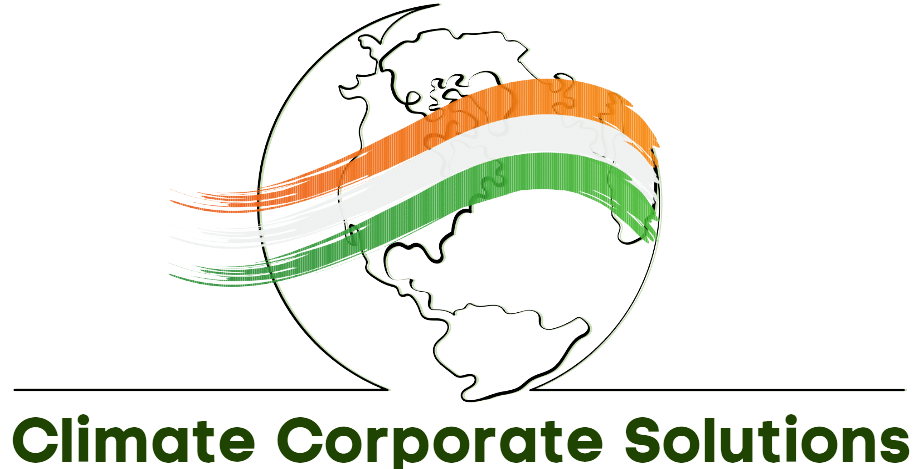
The steady technological progress of the modern world has made the lives of humans more accessible and more uncomplicated. However, while environmental protection and sustainability have earned the interest of many organizations, achieving the said sustainability is still a very recent and widely discussed subject amongst the industry experts irrespective of the industry they operate.
According to the Zero Waste International Alliance, zero waste is an ethical, economical, efficient and visionary goal that encourages people across spectrums to modify their lifestyles to become more sustainable and adopt more and more natural cycles where the discarded materials become a resource for other finished goods.
There are numerous ways in which waste management can become a strategic part of overall business workings—saving the companies from costs of waste management, avoiding the regulatory disposal complications associated with discarding the waste has level to growing awareness towards Waste Minimization or Source Reduction. Waste Minimization refers to a collective strategy for designing and manufacturing products and services that minimize the amount of waste generated and reduce the resulting waste’s toxicity.
Industry can reduce waste by reusing materials, using less hazardous substitutes, modifying components, and making processing more efficient. However, although there is extensive information available on the waste recycling strategies, the impact of the same on economic cost-benefit analysis has not been recorded much.
Waste is a crucial coalition to work with, not because the landfills are the largest artificial source of methane emissions, but the open incineration of waste and the diesel vehicles that collect and transport waste emit dangerous pollutants that have a hazardous collective impact on humans and the environment. Industrial waste management is an expensive concept and requires planning and execution and a practical and robust regulatory mechanism to achieve the desired amount of sustainability in the economy.
CCAC (The Climate and Clean Air Coalition to Reduce Short-Lived Climate Pollutants) works with cities worldwide to help them implement sustainable waste management systems focused on reducing methane emissions. In addition, sustainable cycles can be achieved by increasing the proportion of reused and recycled waste.
The sustainable cycles save material and energy and reduce hazardous chemicals and environmental problems in waste management. One aspect of this work focuses on chemicals that will reduce waste, improve the sustainable recycling of waste resources, and address environmental issues.
In recognition of a hierarchy in waste management, preferences consist of prevention, minimization, recycling, reuse, biological treatment, incineration, landfill, and disposal. Sweden regards waste management as a good starting point for achieving sustainable waste management and has a perspective on the areas where waste is needed and achieves sustainable waste management. According to a hierarchy of different treatment methods, various measures to reduce waste are managed in the waste stream.
Composting is the most widely used disposal and treatment method for controlling the aerobic decomposition of organic waste through the action of small invertebrates and microorganisms. Many municipalities practice this method because it offers a cost-effective solution for the disposal of solid waste. An ideal alternative to waste management is to prevent the generation of waste in the first place.
Not all waste disposal means that valuable resources and energy are thrown away, and biodegradable waste is released into landfills. Waste from waste management is any substance or object that has been thrown away and classified as non-hazardous waste, such as packaging waste, hazardous waste or chemical waste.
Solutions such as converting waste into resources that contribute to energy and raw materials must be adopted if the world wants to achieve the UN Sustainable Development Goals ( SDGs ) to provide clean, affordable energy by 2030. A staggering half of waste is not properly collected, treated or disposed of, causes the global waste crisis. Sustainable Development Goals (SDGs) established by the United Nations in 2015 can be achieved when waste management becomes a priority.
Large amounts of mining, processing and industrial waste are produced daily worldwide. For example, vast quantities of phosphorus gypsum are produced every year in the production of fertilizers. Plastic waste, which now accounts for 25% of municipal waste, poses a challenge in the face of increasing global plastic production and consumption due to increasing population development, industrialization and lifestyle changes.
Waste management has become a critical business issue for small businesses in recent years. Waste management is defined as collecting, transporting, processing, recycling, and monitoring waste produced by humans. Continuous efforts are being made to reduce their impact on environmental health and extract resources from them.
Sustainable waste management is an ideal opportunity to work in partnership with the rich and poor, formal and informal communities, businesses, governments and the international community. Waste management attracts millennium entrepreneurs and industry heavyweights and offers excellent opportunities for science, technology, engineering, humanities and economics, as it is a powerful catalyst for economic growth. The formal waste management sector, which employs more than 20 million people worldwide, is currently a haven of inspiration and innovation.
However, the development opens up and advances economies, creates new wealth, and ushers many people to a healthier lifestyle; millions struggle to make meaning of the darker side of development that is not environmentally sustainable. Education for sustainable growth must be mandatory for all, as it represents the primary source for catalyzing the cultural changes necessary for continued subsistence.
An increasing number of companies have started to act and communicate based on their triple performance in economics and environmental and social factors. Building sustainable firms and organizations also require a commitment to people’s development. The relationship between economic development, environmental management, and human health is a complicated process affecting the quality and sustainability of our society. There is a rising comprehension that a synchronized approach is necessary to solve the significant environmental and sustainability problems facing the developing and developed regions of the world.


